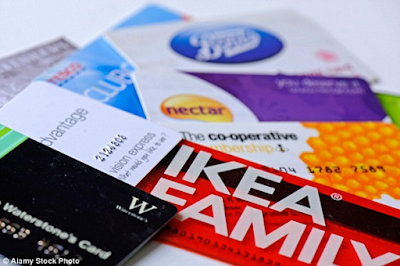Business owners and marketers are often caught between customer loyalty and customer retainment. Retainment, according to YourDictionary.com, is the process of keeping something in possession, or keeping someone engaged. When you keep a customer that in your business and having them come back for more, instead of going to your competition, this is an example of retainment.
One recent by SheerID study sought to find out how companies offer discount coupons before the holiday season. In particular, the study aimed to examine the impact of discounts on both customer retainment and customer acquisition. Some of the findings of the study which involved 76 companies include the following;
- It emerged that up to 84% of companies are planning to offer discount coupons before this year’s holiday season, mostly via social media marketing channels, such as Facebook, Instagram and YouTube.
- 75% of companies in the U.S sacrifice margins to offer customers exclusive discount vouchers.
- Among the companies involved in the survey, 64% were already offering or had plans to start offering exclusive discounts to their customers.
- Discount coupons and promotions are critical to many customer loyalty programs.
- 63% of these companies said they offer promotions throughout the year with 68% of their promotions being online, 39% being in-store promotions, and another 37% offered on mobile devices.
- Customers are increasingly shopping for discounts. This being the case and in an attempt to stop their customers from going elsewhere, business owners are more willing than ever to sacrifice margins to win customers.
The above findings do not seem to cause any surprise to many stakeholders in the online retail industry. In fact, they confirm a few facts as far as coupon marketing is involved.
What is discount fraud in coupon marketing?
Discount fraud in coupon marketing is when merchants offer discount codes that apply only to a particular demographic, i.e. students, and customers provide false information about themselves in order to qualify for the offer, i.e. people pretend to be students.
Data from the findings indicate that in a bid to minimize discount fraud, businesses use email and passwords to verify customers. These verification methods are still highly vulnerable to fraud. For instance, an existing customer may use a different email address or a fake name to redeem a discount offer that is exclusive to new customers.
Also, the survey realized that a majority of companies that are not offering any exclusive promotions are doing so for two reasons. Firstly, these companies lack the necessary IT resources needed to track and monitor the offers, and secondly, there is the risk of unqualified individuals redeeming the discount offers (discount fraud). These companies, however, admit that if they knew that only qualified individuals would receive the discounts, then they would more likely offer exclusive discounts.
Loyalty programs is the best answer to discount fraud
Two opinions immerge on how to deal with discount fraud from the results of SheerID’s survey:
“On the one hand a business can focus on investing in sophisticated technology to verify new customers and ensure that certain coupons go out only to new prospects. Though they may achieve to offer coupons to qualified leads only, they will cause anger and resentment to their existing customers”.
“On the other hand”, claims Alex Papaconstantinou of UK voucher site WikiGains,“I have seen that if companies focus on building relationships using customer loyalty schemes, and make their offers available to all, without discriminating between demographics then discount fraud will not happen”.
